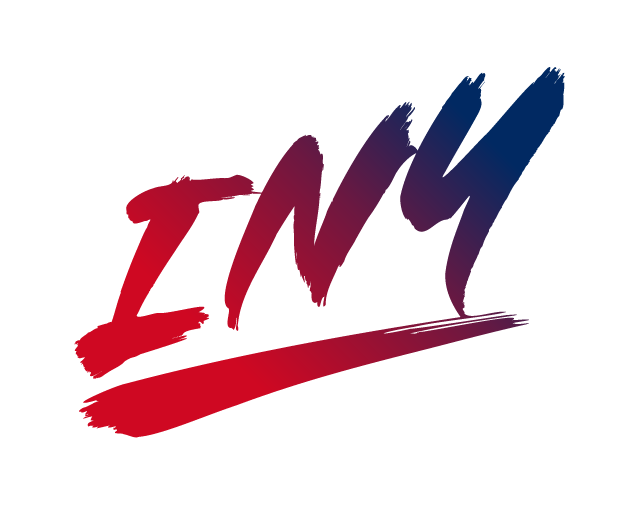Unpacking AI: How Technology Shapes Our Future
In our latest episode, we had an insightful conversation with AI ethics and governance expert Juliette Powell. This wasn't just another tech talk—it was a deep dive into how artificial intelligence (AI) is impacting our lives, communities, and the future we're collectively building. As first-generation Americans who grew up navigating multiple cultures, we always consider how technology intersects with identity, privacy, and empowerment. This episode gave us a lot to reflect on.
AI: Beyond the Buzzwords
AI has become a buzzword in recent years, but as Juliette explained, it's much more than just chatbots and self-driving cars. AI is embedded in the systems that determine everything from what content we see online to who gets approved for loans or job interviews. For Black and Brown communities, this raises critical concerns about representation and fairness. When algorithms are trained on biased data or lack diversity in their development, they can reinforce harmful patterns that disproportionately affect marginalized groups.
We've seen this happen before. Facial recognition technologies, for example, have been shown to misidentify people of color at a much higher rate than white individuals. These errors aren't just technical glitches but reflections of larger systemic biases. Raising awareness about these issues is the first step toward ensuring AI serves everyone fairly, not just a privileged few.
Breaking Cycles Through Representation
Breaking generational cycles isn't just about personal growth—it's about addressing systemic gaps and creating opportunities where none existed. One way to do that is by encouraging more Black and Brown voices, and Caribbean perspectives in tech. Juliette emphasized the importance of diverse voices asking the right questions and building the systems that shape our world.
We need to be in those rooms where decisions about AI are made. When we're part of the conversation, we can raise awareness through stories that reflect our lived experiences and challenge the assumptions built into these systems. Cultural empowerment happens when we take control of our narratives and influence the technologies that affect our daily lives.
Managing Cultural Clashes in a Digital World
Managing cultural clashes is second nature for those of us navigating two cultures. But when AI enters the equation, those clashes become even more complex. Technology often simplifies identities, reducing us to data points that can't capture the richness of our experiences. As Juliette pointed out, AI doesn't "think" like a human—it processes information based on the data it's fed. And if that data doesn't reflect our realities, it can lead to outcomes that don't serve our communities well.
This is where authentic conversations come in. We must continue having diverse conversations exploring how AI impacts our cultures and identities. These conversations help us navigate two cultures while staying true to our authentic selves—a journey that so many of us in the Dominican and Caribbean communities can relate to.
Balancing Technology and Privacy
Another takeaway from our conversation was the delicate balance between embracing technology and protecting our privacy. We live in an age where sharing personal details online feels second nature, but as Juliette reminded us, we often overlook the implications. Self-discovery journeys in a digital world require us to be mindful of how our data is collected and used. It's not about rejecting technology but intentionally engaging with it.
We talked about how first-generation Americans often use social media as a space to build community and stay connected to their roots. But it's crucial to understand how these platforms use AI to shape our online experiences. Staying informed about these processes allows us to make better choices and safeguard our privacy while continuing to elevate voices in Black and Brown communities.
AI and the Future of Our Communities
We're excited about AI's possibilities—especially regarding self-growth, mindset and motivation, and overcoming life challenges. AI has the potential to improve healthcare, enhance education, and open new doors for cultural empowerment. But we can't be passive consumers of this technology. Raising awareness and breaking cycles requires us to stay engaged, ask tough questions, and advocate for systems that reflect our values.
We believe in the power of sharing life experiences to bring about change. As we continue these conversations, we're committed to elevating voices in Black and Brown communities and ensuring that technology serves all of us—not just a select few.
Our Call to Action: Stay Informed and Engaged
If you haven't listened to this episode yet, we encourage you to do so. Juliette's insights left us thinking deeply about how we can shape the future of AI to serve our communities better. We'd love to hear your thoughts on how AI impacts your life. What concerns or opportunities do you see for our communities?
Find Juliette:
https://www.juliettepowell.com/
Book: The AI Dilemma
*Affiliate links earn a commission from qualifying purchases which helps support our show at no additional cost to you.*
